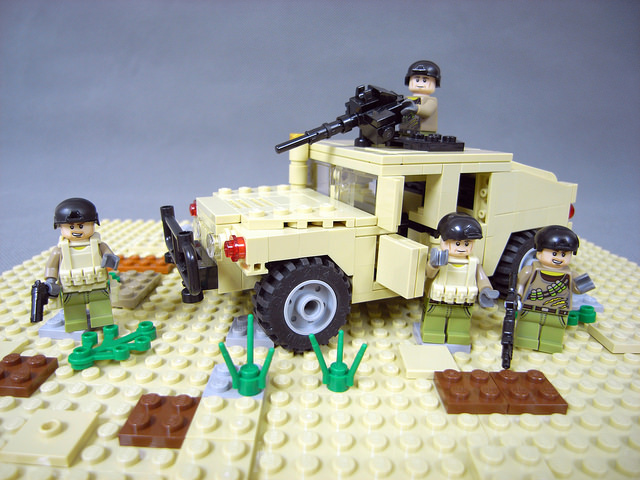 Sea State
Sea State
In a sign of Russia’s growing strategic interest in the Arctic region, the country floated its new icebreaker last Friday—the first new icebreaker in almost 45 years. The Ilya Muromets—which will join the Northern Fleet in 2017—is an electric-diesel powered icebreaker designed to assist the Russian Navy in icy conditions, escort and tow other ships, and deliver supplies to remote military installations. The 85-metre long ship can cut through one-metre-thick ice and is capable of travelling the entire 5,600km length of the Northern Passage. The Arctic has become a priority for Russia in recent years, having built several bases and conducted war games in the area in addition to filing a claim in the UN over a significant part of the region. The country is also building two Arctic corvettes—which will be able to act as icebreakers and armed with cruise missiles—and three nuclear-powered icebreakers, the largest of which—Arktika— will be floated next week.
During a Defence Committee hearing last week, British MPs were told that six British Type 45 destroyers had experienced repeated power outages because the waters of the Persian Gulf were too warm. Representatives from Rolls-Royce and BAE Systems Maritime told the hearing that the failings occurred because the equipment was being operated in more arduous conditions than envisaged—with waters in the Persian Gulf reaching 32 degrees Celsius. A spokesperson from Britain’s Ministry of Defence has denied this, telling CNN that the Type 45 was designed for world-wide operations and is effective in the Gulf and South Atlantic all year round. The £1 billion apiece warships are among the world’s most advanced missile destroyers and are the backbone of the Royal Navy’s air defence capability.
Flight Path
On Thursday last week, one of the Russian Knights aerobatic team’s Sukhoi Su-27 fighter jet crashed after an air show near Moscow. At the time, the Russian Defence Ministry said that the crash was likely caused by a technical fault and that the pilot diverted away from residential areas but didn’t have time to eject. But over the weekend, a source investigating the cause of the accident told TASS that the pilot suffered a stroke during the flight. Following the crash, the Russian air force has grounded its entire fleet of Su-27’s—meaning that about half of Russia’s fighter jets can’t take to the air. The Su-27 currently forms the backbone of Russia’s fighter jet capability, but for a look into what Russia’s future air power might look like, check out this new article on The National Interest on Russia’s ‘sixth generation’ fighter.
If you haven’t heard, apparently the US military are fans of the Star Wars franchise. Last week the MacDill Air Force Base in Tampa, Florida, posted a photo on its Facebook page showing the Incom T-65 X-Wing, the main Starfighter used by the Rebel Alliance, being refuelled by the Boeing KC-135 Stratotanker. Although the image is photoshopped (we think), The Washington Post looked at the history of the US military’s fascination with the sci-fi classic. While we’ll wait patiently for a real, (space-capable) Starfighter, laser technology is now being used on the US Air Force’s F-16s for operations in Iraq and Afghanistan. BAE Systems’ Advanced Precision Kill Weapon System was recently deployed for the first time by the USAF, converting unguided rockets into precision-guided weapons.
Rapid Fire
Libyan government forces are poised to take over the Daesh-held port city of Sirte. With assistance from British and US strategical and tactical experts, the militia forces reached the outskirts of the city at the start of last week after nearly two months of fighting. Libya has been in turmoil since the fall of Gadhafi in 2011, which paved the way for extremist groups like Daesh to take control of some areas.
Iraqi Prime minister Haider al Abadi confirmed last week that over two thirds of all the Humvees given to Iraq by the US—approximately 2,300 vehicles—have been stolen by Daesh and re-purposed, some even into car bombs. The majority of the vehicles were captured when Daesh seized Mosul in 2014, and while many have been used in Iraq, several have also been transported to Syria to strengthen Daesh forces there. Check out Foreign Policy’s in depth look at how the militants have been utilising the vehicles here.
Over a year after international forces concluded their combat missions in Afghanistan, US President Barack Obama has given the green light for US troops to accompany Afghan units into the field to proactively ‘enable strategic effects on the battlefield’. Announced late last week, the resolution is a deviation from the US rules of engagement in the country and will see the US military play a broader role combating the Taliban insurgency.

